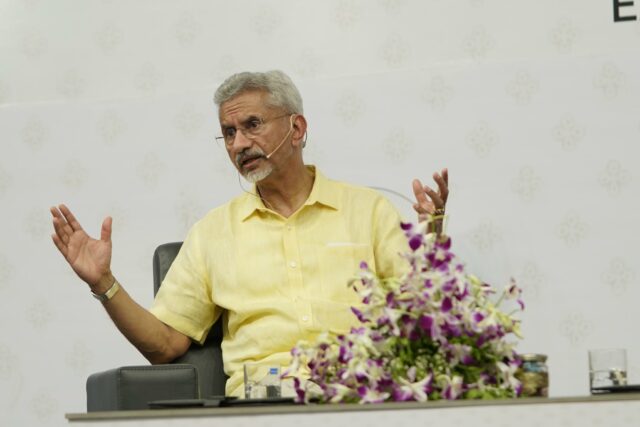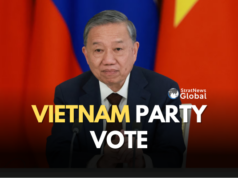
“Talks with Pakistan will be only on terror. They have a list of terrorists that must be handed over, and they need to shut down the infrastructure of terrorism. They know exactly what they have to do,” External Affairs Minister S Jaishankar said on the sidelines of an event in Delhi.
“The only thing which remains to be discussed on Kashmir is the vacating of illegally occupied Indian territory in Pakistan-occupied Kashmir. We are open to that discussion,” he added.
Underscoring India’s firm stance, Jaishankar said, “Our relations and dealings with Pakistan will be strictly bilateral. That has been the national consensus for years, and there is absolutely no change in that.”
India has also undertaken military action in response to recent attacks, including precision strikes on terror camps across the Line of Control on May 10. “We achieved what we set out to do by destroying the terrorist infrastructure,” Jaishankar said.
He further revealed that Pakistan was warned in advance that the strikes targeted terror camps, not military assets. “They chose not to take that good advice. Once they got badly hit, satellite images made it clear how much damage we inflicted and how little they did. It’s obvious who sought a ceasefire.”
He reiterated that the 1960 Indus Waters Treaty “is held in abeyance and will continue to be so until cross-border terrorism from Pakistan is credibly and irreversibly stopped.”
The suspension of the IWT signals a hardening of India’s posture—linking dialogue, even on long-standing cooperative frameworks like shared water resources, to concrete Pakistani action against terrorism.
Pakistan’s water resources secretary has reportedly written to his Indian counterpart seeking reconsideration of the decision to suspend the agreement. The treaty endured for more than six decades, and continued even during the worst phase of Pakistan sponsored terrorism against India.
But Prime Minister Modi finally declared that “water and blood cannot flow together, terror and talks cannot happen at the same time. Terror and trade cannot happen simultaneously.”




